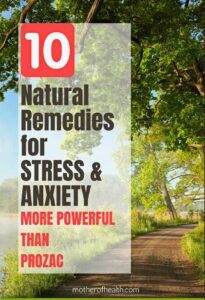Any time something happens that we perceive as a threat to our safety or happiness, stress kicks in. This is the natural “fight or flight” response. The stress response is actually natural and even healthy because it helps us stay focused and alert in a life-or-death situation.
The danger begins when stress becomes chronic and happening all the time. Keep reading to discover 10 Natural Remedies for Stress and Anxiety.
Even though the stress response is normal and happens from time to time, too much stress can lead to health problems.
What health issues can you expect to develop if you're stressing out all the time? Here are 10 serious mental and physical health problems chronic stress can cause.
1. Alzheimer's disease
2. Obesity
3. Heart disease
4. Asthma
5. Anxiety and depression
6. Diabetes
7. Headaches
8. Digestive and gastrointestinal issues
9. Accelerated aging
10. Premature death
These are more than just a little bit serious. Chronic stress is linked to the six leading causes of death: heart disease, cancer, lung ailments, accidents, cirrhosis of the liver, and suicide.
The American Psychological Association reports that 3 out of every 4 visits to a doctor's office or emergency room are stress-related.
The great news is that there are natural remedies for stress and anxiety that can help you heal.
10 Natural Remedies for Stress and Anxiety
1. Exercise
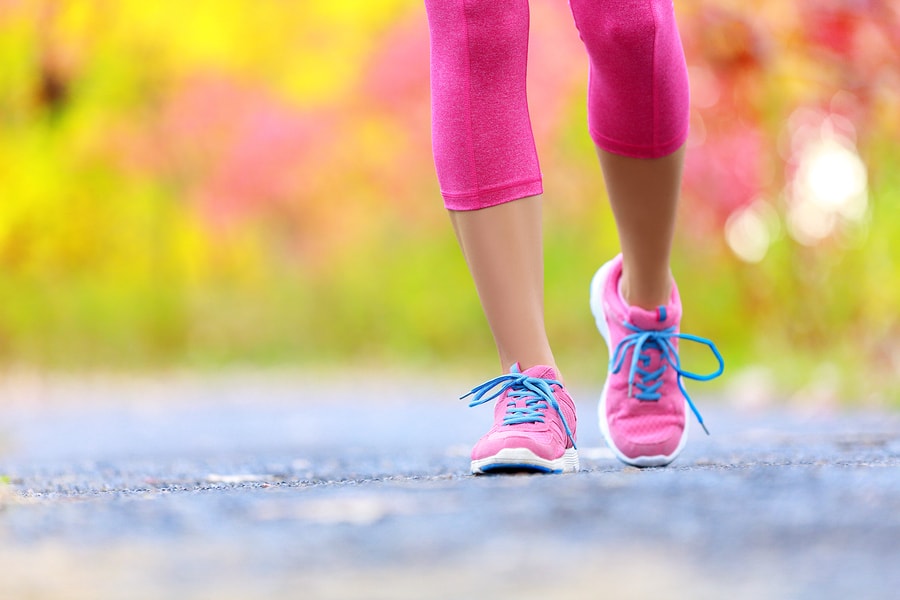
Exercise is wonderful. It's free. It can be done just about anywhere, at just about any time. You can practice some type of exercise (jogging, cycling, lifting weights), or just get physically active (take a brisk walk, go for a swim, go dancing).
No matter what you do, the idea is to speed up your heart rate and respiratory system. A moderate to intense level of physical exertion is what you're aiming for.
This is the “sweet spot” for many brain and body-based benefits. One of the many wonderful things physical activity does for you helps you regulate certain hormones.
Cortisol is called the “stress hormone” for a very good reason. The more cortisol you have in your body, the more stress you are going to experience. Cortisol is the chemical that causes your heart rate to rising and your senses to stand up and take notice as a natural part of the stress response.
There are other chemicals called endorphins that lower stress and make you feel more peace and less anxiety. These chemicals appear in greater numbers when you exercise and stay active.
Taking time to experience some physical activity for even just 5 or 10 minutes can have a positive effect on your stress level. Do this several times a day, and exercise acts as a wonderful complement to standard medical treatments for beating stress.
2. Schedule a Date with Nature

Mother nature loves you. She wants you to be healthy. How do we know this? We know that nature is a human health booster because of the way it affects stress and anxiety.
There are many studies that prove how nature can make you feel better.
One of those was reported by the ScienceDaily website. The journal Frontiers in Psychology has also reported on this specific study. It showed that just 20 minutes of time spent in nature “… will significantly lower your stress hormone levels” and make you feel more peaceful.
Dr. Mary Carol Hunter is a researcher at the University of Michigan. She is the head author of the study which shows that cortisol production is lowered when you spend at least 20 minutes communing with nature. She and her colleagues asked volunteers to spend at least 10 or more minutes in a natural environment, a minimum of 3 times a week. They did this for 8 weeks.
Cortisol levels were checked before and after the exposure to nature.
The results consistently showed that 20 to 30 minutes of walking or sitting in a natural environment created the greatest stress-relief, especially if done in a mindful way. Incredibly, if participants spent more time with mother nature than that, their stress levels continued to drop, but at a much slower rate.
What does this tell us? The findings are very straightforward.
Choose an environment that makes you feel you are truly bonding with mother nature. Spend 20 to 30 minutes in this environment de-stressing at least 3 times every week. The good news is, you don't have to exercise or otherwise physically exert yourself.
In the study, the participants were told to engage in no aerobic exercise. This is because the researchers wanted to be able to connect the stress-relief with nothing more than the exposure to nature. This is a simple, free but very powerful stress-reliever available to just about everyone.
3. Acupuncture or Acupressure

Psychology Today says there are “… some promising recent studies showing how acupuncture can treat depression, anxiety, and stress.” Acupuncture is believed to be at least 2,500 years old. That's how long it has been used to treat a wide variety of health problems.
Eastern medicine knows that there are energy pathways in the human body. These pathways can become blocked for several reasons.
Stress is a significant cause of damage to your energy flow. If any single pathway of energy is blocked, any energy that should have been moving further down that pathway can't get where it needs to go.
This can cause physical and mental problems.
Acupuncture uses the placement of tiny needles into the body to stimulate your energy superhighways. This clears blockages and imbalances. Your energy starts flowing freely again.
When acupuncture is used to treat stress, you receive other health benefits. You are improving your overall energy flow. Acupuncturists talk about treating the whole body. They can target one specific condition, but at the same time, your overall health and wellness receive a boost.
Acupuncture and acupressure used to be thought of as pseudoscience or voodoo medicine. That's not the case anymore. Plenty of modern practitioners of standard medical care readily recommend acupuncture for relieving stress and treating other conditions.
As with any complementary stress treatment, make sure you seek out a licensed and certified acupuncturist. Some people experience significant benefits after just one or two acupuncture sessions.
4. Herbs
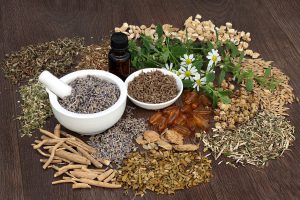
Herbology (sometimes called herbalism) is the use of herbs and other plant materials as medicine. Modern medicine and conventional healing practices didn't exist for the majority of human history. Our ancestors turned to nature for their medicine.
Herbology is tens of thousands of years old. A Neanderthal burial site, which is thought to be 60,000 years old, showed the presence of at least eight different types of plant materials. Seven of those are used today as herbal remedies for stress.
An herbalist may recommend Ashwagandha as a stress-reliever. This herb is used in Traditional Chinese Medicine, herbalism, and Ayurvedic medicine to treat stress, anxiety, and depression.
A 2012 study published in the Indian Journal of Psychological Medicine showed the power of this natural herb as a complementary treatment for stress. Patients took crushed Ashwagandha root twice a day for two months. At the end of the study, the level of the stress hormone cortisol found in the patients had decreased by nearly 28%.
Not only that, but the participants reported that their feelings of stress had dropped by 44%. Holy basil, lemon balm, and curcumin are often prescribed by herbalists to relieve stress as well.
5. Yoga
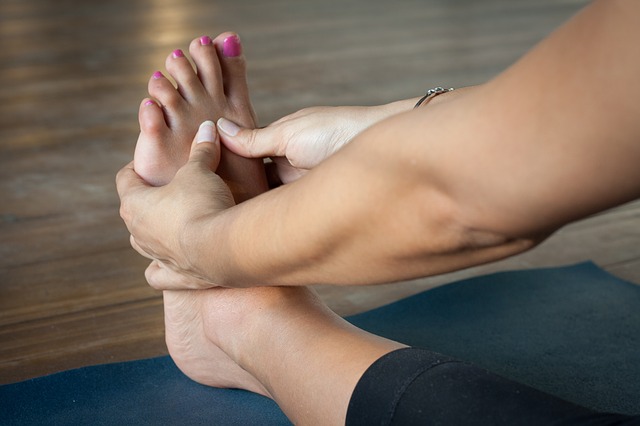
Several of the natural stress-relievers in this article are thousands of years old. That is definitely the case with yoga.
We mentioned exercise first and foremost for stress relief. This is because the human body knows how to heal itself if you put it in certain positions. Elevate the heart rate and respiratory system, and you naturally begin a preventive and healing process.
This helps you prevent illnesses and sicknesses, and it treats conditions like stress and anxiety at the same time.
Here are five more tips to help you experience ease in your body and mind with yoga.
This is what yoga does.
Yoga is a low-intensity, low-impact form of exercise that was originally developed as a spiritual practice. By striking and holding specific poses, you activate the natural healing power of your body. This positively affects both your mental and physical health.
Since stress is linked to so many significant health issues, yoga improves your overall level of wellness.
You can use it to treat stress, and several health metrics improve. As a form of physical movement or exercise, yoga makes an excellent stress reliever.
Also, try a calming breath called Alternate Nostril Breathing for a significant reduction in stress and anxiety.
Related Content – 10 Best Yoga Postures for Weight Loss
6. Meditation

Does the following situation sound familiar? You're having a rough day. Stress seems to be attacking you from all directions. You feel as if you are at your breaking point. You stop whatever it is you are doing, you find a quiet, calm environment, and you close your eyes.
You take a few deep breaths and release them. You clear your mind of everything. You don't think about anything in particular. Slowly, you feel yourself calming down and experiencing more peace and tranquility, and less stress and anxiety.
You have just meditated.
Meditation is a practice that naturally boosts feelings of calm and peacefulness. Like the other natural stress-relievers in this article, it does so by cranking up your level of “feel-good” chemicals and lowering the level of “feel bad” chemicals and hormones in your body. Besides stress reduction, the reported benefits of meditation include:
- Increased focus
- Sharper thinking
- Creativity
- Improved memory and moods
- More energy
- Weight Loss
Even if you don't have time to sit in meditation because you're too busy, you should. To get these health benefits, you only need 12 minutes. People who meditate regularly experience less stress and anxiety and fewer health problems than those who do not meditate.
7. Aromatherapy
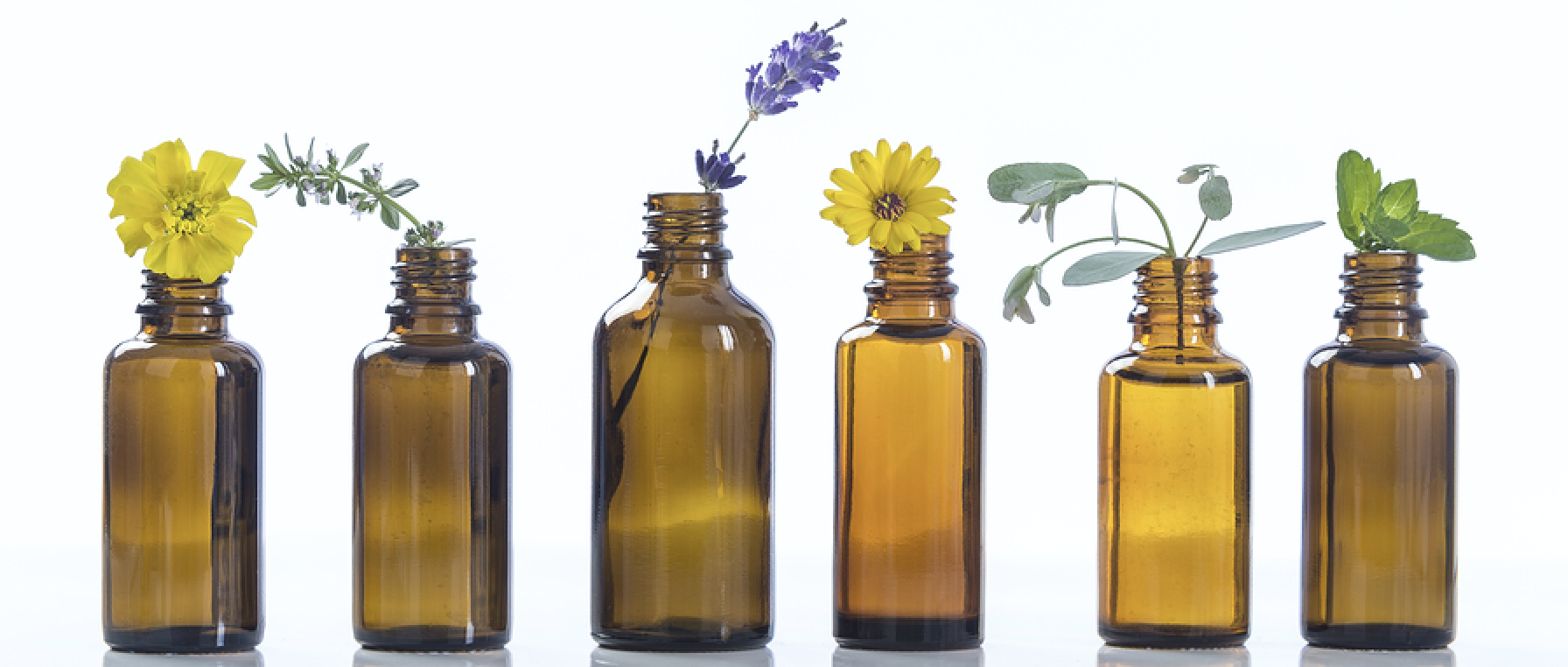
Aromatherapy is the practice of using scents to trigger certain processes in the human body. It uses oils taken from plant materials to harness the power of your sense of smell for healing. These oils are the essence of flowers and plants, shrubs, and trees. The oil is highly concentrated, so not much is needed for significant benefits.
Essential oils are placed in a diffuser that sprays a mist into the air.
Aromatherapy may alternately mean combining an essential oil with coconut oil or some other carrier and applying it directly to the skin. There are a few essential oils that can be ingested. In every case, essential oil works for stress-relief and other health benefits because of the way it communicates with the brain and the nervous system.
Essential oils pass instantly through the blood/brain barrier. This is the natural line of defense that protects your brain and nervous system from potential hazards. Since you are a product of nature and essential oils are as well, one of two things happens when the blood/brain barrier comes into contact with them.
They are either seen as beneficial to human health, are they are invisible to this defense system. In either case, they pass easily into your nervous system. Different essential oils have proven effective for thousands of years for specific health benefits.
What essential oils are used for stress relief? Valerian, lavender, sweet basil, and chamomile essential oils can lower stress and anxiety levels, often only minutes after smelling them.
There are several hospitals around the world that use aromatherapy as a complementary treatment. They place diffusers strategically throughout their facilities. Many report that this was done, employee morale went straight up, and stress levels for both staff members and patients went down. The power of your nose to help you heal can create stress-relief through aromatherapy.
More here: Aromatherapy and Essential Oils Guide
8. Reiki
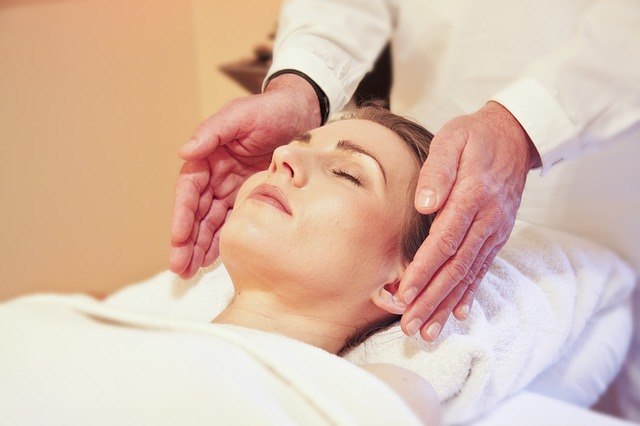
9. Ayurveda

The practice of Ayurveda began in India more than 5,000 years ago. It's based on the holistic idea that your health and wellness are influenced by your mind, your spirit, and your body. Each one of these important parts of your overall makeup influences the other two. Ayurveda defines health as an inner state of well-being.
If you experience mental health problems (like stress, depression, and anxiety), this can negatively affect your spirit and your physical being. The same is true if you are physically unhealthy. Your mind and spirit cannot be well. A trained ayurvedic specialist uses a “whole body” approach to helping you heal. This returns your energy flow to a naturally healthy state.
Ayurveda offers guidelines on daily living and seasonal routines, diet, and the healthy use of the senses. You can learn what Ayurveda is about here.
10. Traditional Chinese Medicine (TCM)
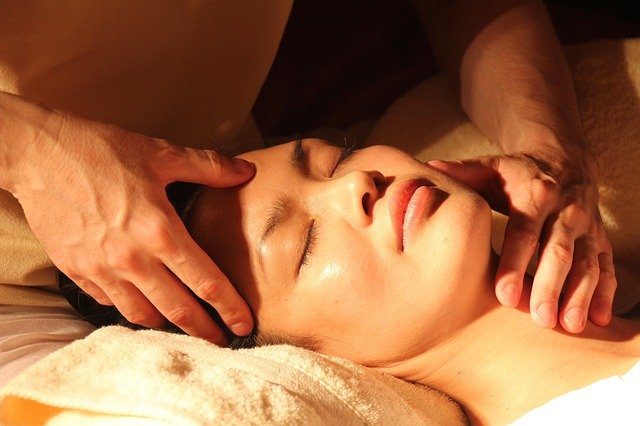
TCM is another ancient, natural healing practice. It was developed in the Far East as a holistic healing approach. It addresses the mind and body of the entire person as being influential on overall health. Traditional Chinese medicine uses dietary recommendations, meditation, acupuncture, massage, physical movement, and herbology for preventing and treating health and wellness.
Seek out a trained TCM practitioner and talk about your stress issues. They'll ask you what is going on in your life in several different areas. They then use this information to prescribe a course of action using the previously mentioned TCM practices to help you lower your stress and anxiety levels.
Conclusion
